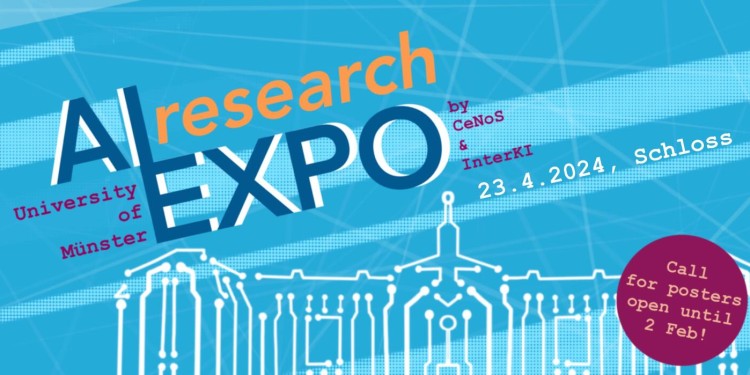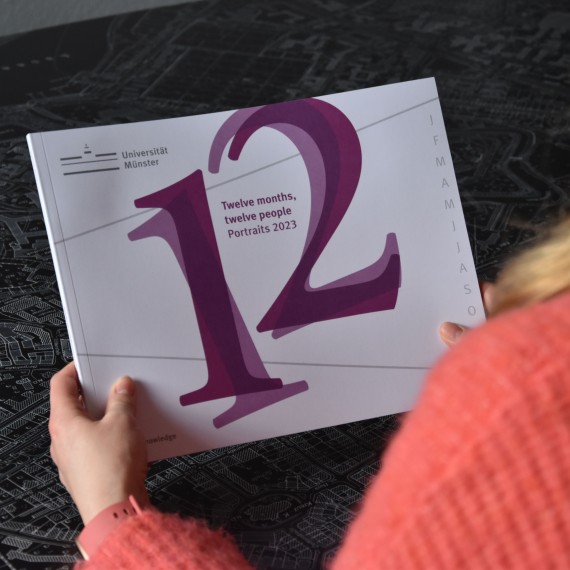

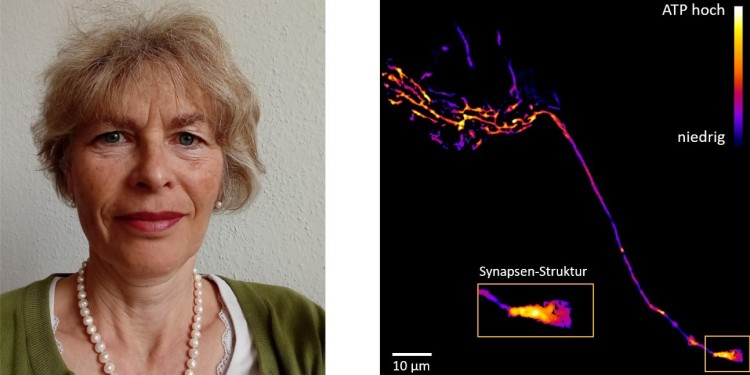
“Research Grant” for cell biologist Karin Busch
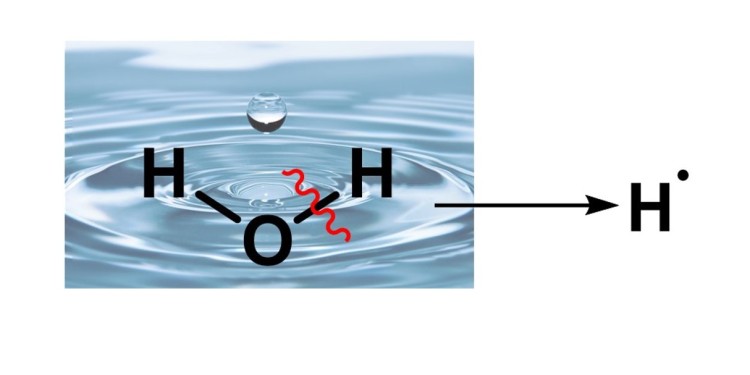
European Research Council awards Armido Studer an Advanced Grant
Events
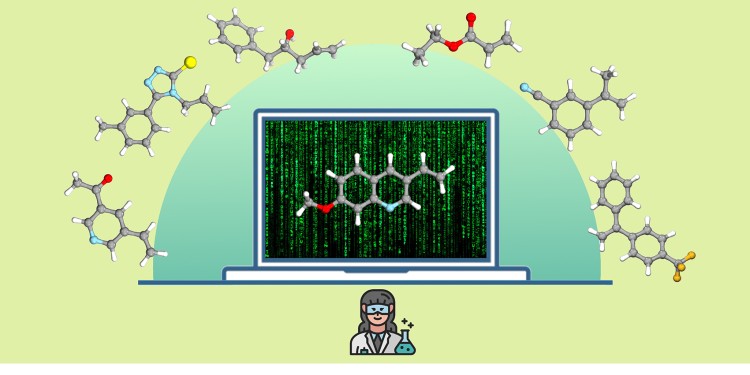
New strategy for assessing the applicability of reactions

Evolution: in a dialogue with theology
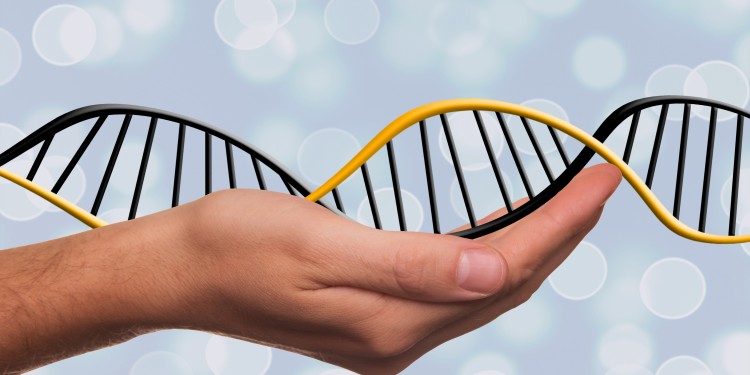
A powerful tool for basic research
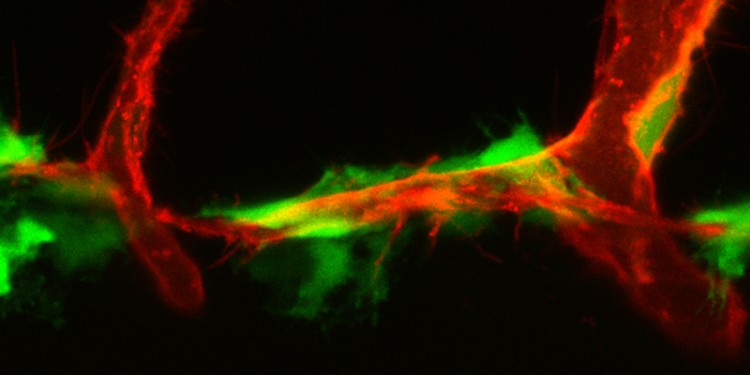
Researchers – knowing exactly what they are doing
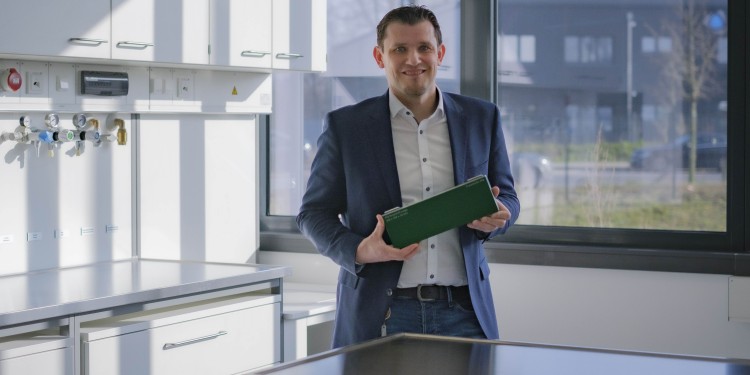
A portrait of battery researcher Simon Lux
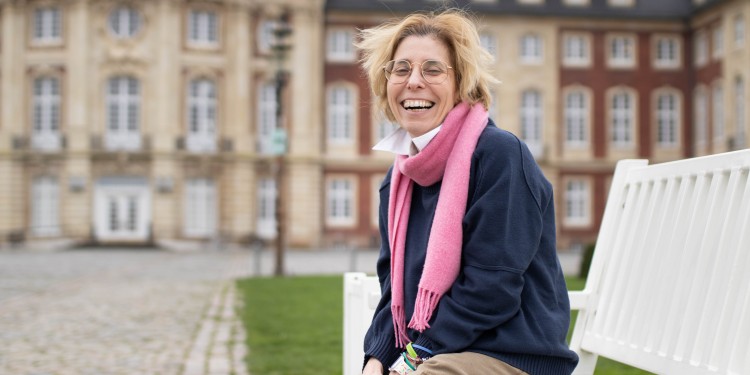
Daniela Bonanno on her role as “Research Alumni Ambassador”
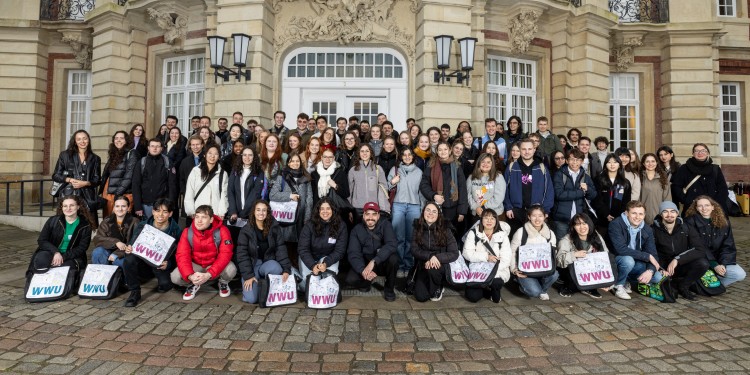
University of Münster welcomes 141 international students
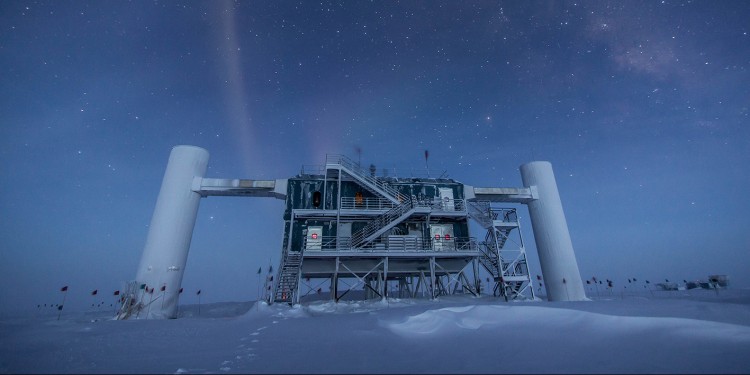
Neutrino researchers meet at the University of Münster

Fellowship Initiative Receives EU COFUND Funding
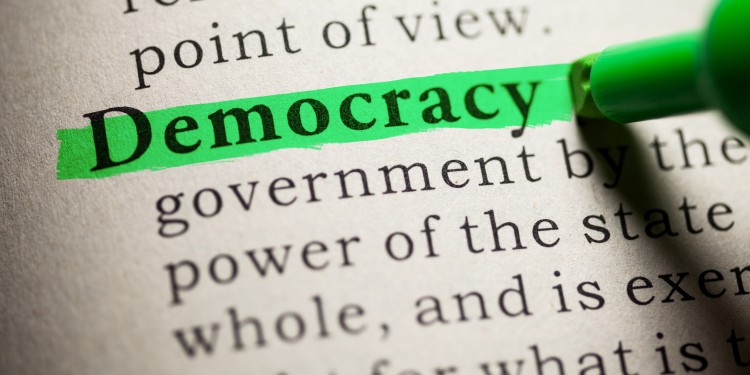
Statement: A call for strengthening democratic values and the rule of law

Microbiologist Bodo Philipp on the adaptability of micro-organisms
Your search did not match any of our news releases.
Suggestions:
- Make sure that all words are spelled correctly.
- Try different keywords.
- Try more general filters.
- Expand the period of time.

